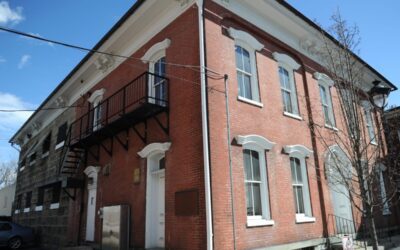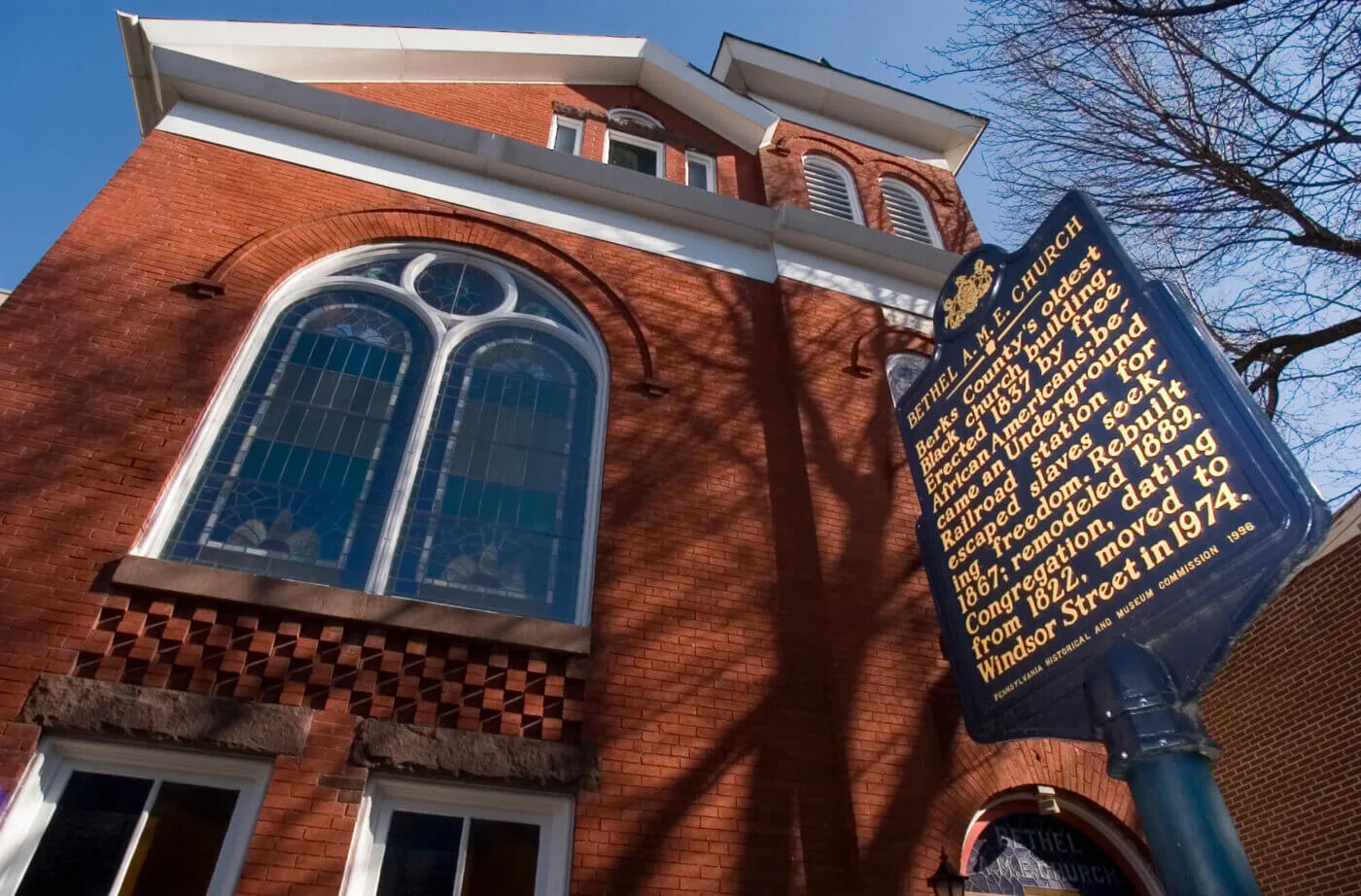
2/6/2007 Reading, PA 200700258- The outside of the A.M.E. Bethel Church building, and an historical marker describing the church. The Central Pennsylvania African American Museum at 119 N. 10th street in Reading Tuesday afternoon. The Museum is on the top floor of the A.M.E Bethel Church building, which was a stop on the underground railroad. Photo by Ben Hasty (Photo By Ben Hasty/MediaNews Group/Reading Eagle via Getty Images)
Pennsylvania has 61 locations listed on the Network to Freedom, the National Park Service’s preservation of sites related to the Underground Railroad. Learn about 10 spots across the state widely recognized as key stops in helping Black Americans to escape enslavement.
Pennsylvania played a vital role in the Underground Railroad, the network of secret routes and safe houses that helped Black Americans escape enslavement. As the first free state north of the Mason-Dixon line, Pennsylvania provided many entry points to freedom.
Although it was loosely organized, the state’s network of “stations” on the Underground Railroad was extensive, according to historians. The NPS Network To Freedom is the National Park Service’s preservation of sites related to the Underground Railroad and currently contains more than 800 locations nationwide.
Pennsylvania has 59 locations listed on the Network to Freedom. Among them, these 10 spots are widely recognized as key stops on the Underground Railroad:
Longwood Progressive Friends Meeting House, Kennett Square
The Longwood Progressive Friends Meeting House was a home for Quakers who had been “read out” (kicked out) of their meetings for raising secular concerns like abolition. The meeting house quickly became a stop on the Underground Railroad and many prominent abolitionists like Frederick Douglass, Harriet Beecher Stowe, and Sojourner Truth gave speeches at the site. The Meeting House is still open and active, under the stewardship of the Old Kennett Committee.
Riverview Farm Site, Drexel Hill
The Riverview Farm Site was owned by Thomas Garrett, a friend and benefactor of activist and Underground Railroad “conductor,” Harriet Tubman, and one of the most well-known stationmasters along the Underground Railroad. Garrett’s station and network of contacts connected Delaware to points north, aiding more than 2,700 freed slaves on their journey to emancipation. The farm is open to the public Monday to Friday, 8 a.m. – 4:30 p.m., and on Saturday 9 a.m. – 3 p.m.
Mother Bethel AME Church, Philadelphia
The Mother Bethel African Methodist Episcopal (AME) Church was founded by members of the Free African Society of Philadelphia in 1794, making it the oldest African Methodist Episcopal congregation in the nation. During the Civil War, the church was an important refuge for passengers on the Underground Railroad moving through the city on their route to freedom. The church still stands, but is not open to the public.
Belmont Mansion, Philadelphia
Belmont Mansion is a historic landmark located in Philadelphia’s Fairmount Park that served as a stop for many who traveled the Underground Railroad. Nowadays, the Mansion is home to an Underground Railroad museum that is open to the public Tuesday through Thursday, 11 a.m. – 4 p.m.
Bethel AME Zion Church, Reading
Bethel AME Zion Church is a beautiful historic church that was famously part of a close-knit network of abolitionists and freedmen who helped escaped slaves hide from roaming gangs of bounty hunters. Jacob Ross, one of the church’s founders, was himself an escaped slave who found support in the local community and decided to stay. The church is now a museum dedicated to the history of African Americans in Central Pennsylvania.
Thaddeus Stevens Home & Law Office, Lancaster
This site was the home and office of former US Rep. Thaddeus Stevens, who was an ardent abolitionist and secret supporter of the Underground Railroad. According to Lancasterhistory.org, Stevens allegedly hired a team of spies to infiltrate the many groups of slave catchers who prowled the region and thwart their plans by passing the information along to conductors. The site can be viewed on a walking tour, but the interior is closed to the public.
McAllister’s Mill Site, Gettysburg
While the mill itself isn’t standing anymore, the site where it once stood was a refuge for many fugitive slaves as they hid from slave catchers during their journey north. It was one of the earliest stops on the Underground Railroad and saw hundreds of freedom seekers pass through over the years. Currently, the site is privately owned and serves as the resting place for a number of Union soldiers who died during the Battle of Gettysburg.
Mary Ritner Boarding House/John Brown House, Chambersburg
The John Brown House, otherwise known as the Ritner Boarding House, was where abolitionist John Brown stayed while gathering supplies for his fateful raid on Harpers Ferry, and it served as a shelter for four of Brown’s co-conspirators after the raid. Nowadays, the building is maintained and operated as a museum by the Franklin County Historical society.
F. Julius Lemoyne House, Washington
The Lemoyne House was built in 1812 and became a center for anti-slavery activity beginning in 1830. Dr. F. Julius LeMoyne was the son of a Parisian doctor who immigrated to the United States and became a very active ally of the tightly knit freed Black communities in southwest Pennsylvania. The house is open to the public for guided tours Tuesday-Friday, 11:00 a.m. – 4:00 p.m.
Robert Townsend House, New Brighton
Robert Townsend was the founder of an early iron business in the region and an active abolitionist. He used his personal home as a shelter and a passing through point for passengers on the Underground Railroad who would slip in and out of his basement through a secret room. The town of New Brighton itself was a hub for the Underground Railroad due to its location on the Beaver River, meaning that alongside the Townsend House, there are eight other Underground Railroad sites in the town for visitors to experience.

The Babe and the Beatles: 7 fun facts about Scranton/Wilkes-Barre
NEPA’s “twin cities” have some interesting history — and a pizza mecca between them. Scranton is more than just the home of fictional paper company...
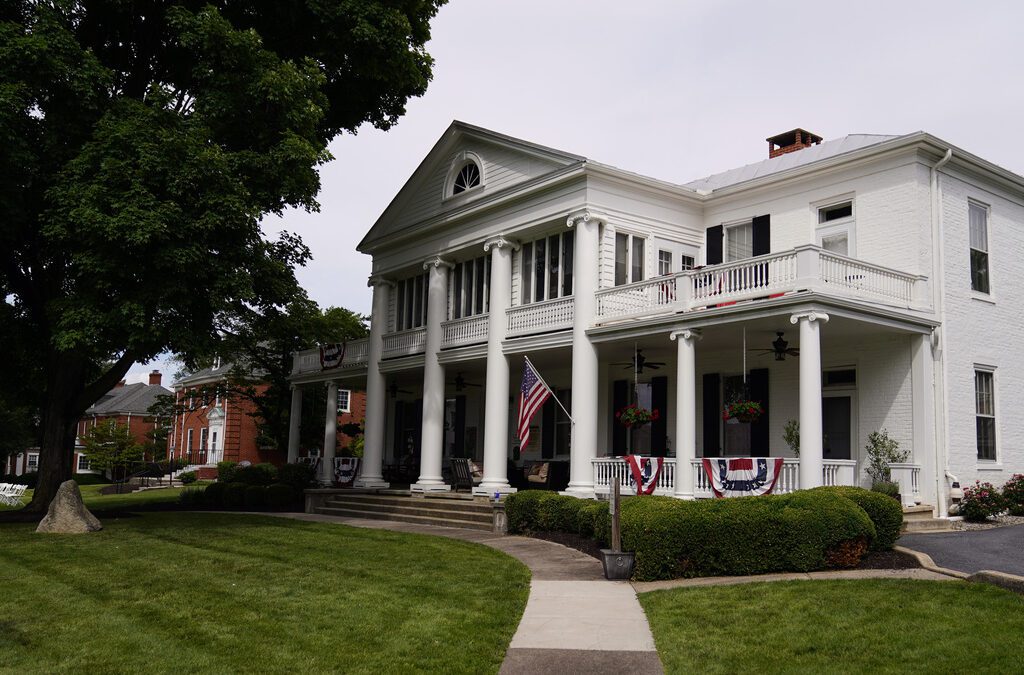
The remains and stories of Native American students are being reclaimed from a Pennsylvania cemetery
The Carlisle Indian Industrial School had not yet held its first class when Matavito Horse and Leah Road Traveler were taken there in October 1879,...
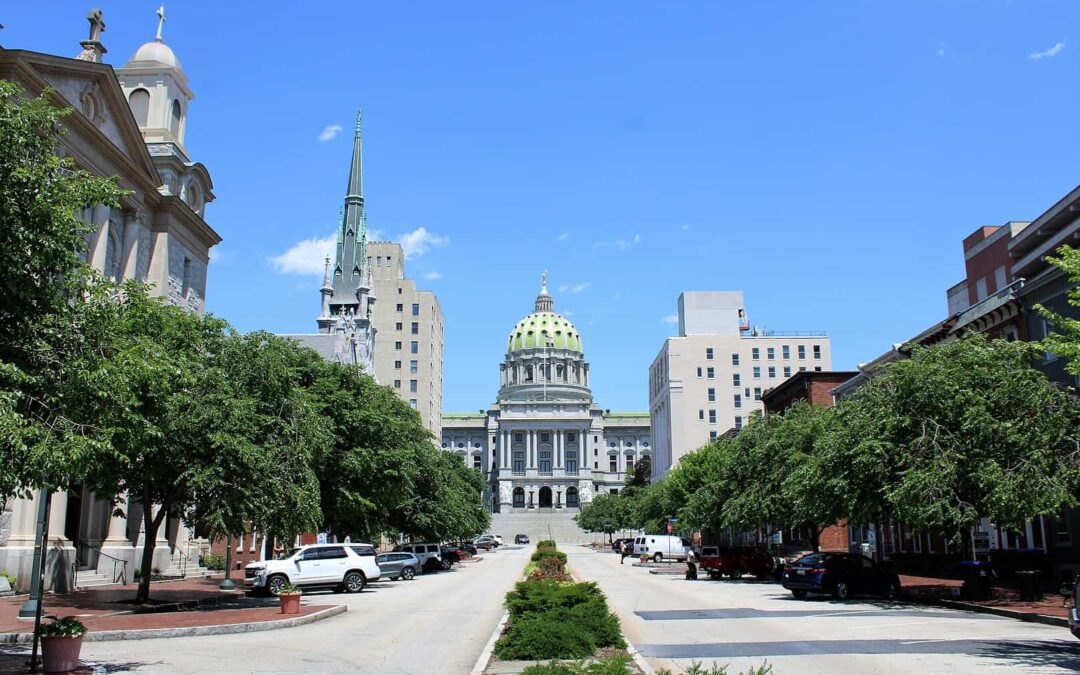
8 fascinating facts about Harrisburg, Pennsylvania’s capital city
These facts about Harrisburg prove the capital city is more than state politics and budget impasses. For a relatively small state capital (it’s the...
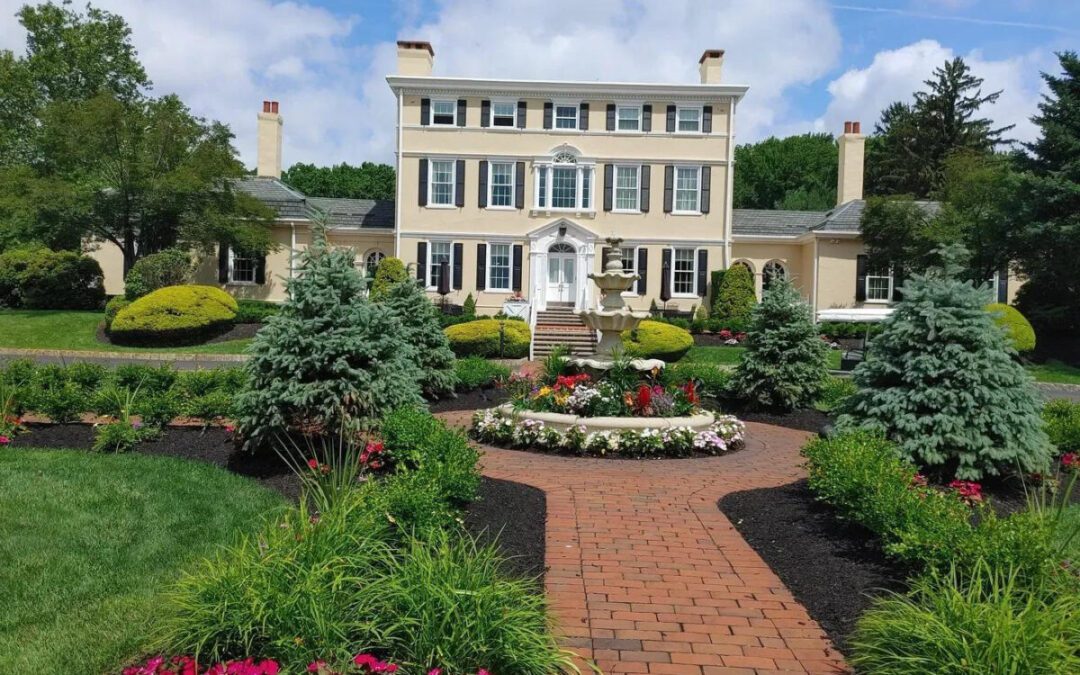
Bucks County has a rich ‘haunted’ history. Do you know these local ghost stories?
It's said that Bucks County is a place where you can live your best life—maybe your best afterlife, too. The rich history here includes the first...

Did you know Philadelphia has 11 sister cities?
As part of an effort to promote international understanding, Philadelphia has 11 sister cities in 10 countries. Here's a bit about each one. A...





